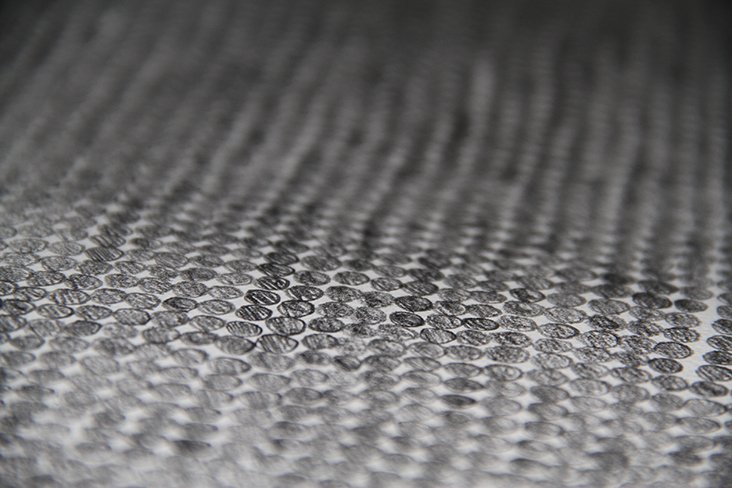Dear Friend,
Please allow me to introduce myself. I am inhabited by the ghost of the late and respected critic Brian Sewell, and I am writing to you to inform you of Joana Hadjithomas and Khalil Joreige’s exhibition at Home in Manchester. I must first apologise…
Since 1999, the artists have collected correspondence similar to the above from over 4000 junk email scams, purportedly from famous politicians, dictators or their families. We’re all familiar with these scams, and their ubiquity raises questions as to the relevance of this collection in 2015. However, the exhibition tackles this issue head on. Upon entry visitors are confronted with a poster-sized reproduction of a ‘Jerusalem Letter’, locating the so-called ‘Nigerian scam’ within a literary tradition dating back to 18th century France. The persistence of these hoaxes through 300 years of junk mail filtering suggests it may still be fertile ground to plough.
The exhibition begins with The Rumour Of The World, a disorientating installation in a darkened room where multiple screens and 100 loudspeakers present various non-professional actors reciting scams. The multiple voices vying for attention mirror the volume and confusing nature of the email archive. As we pass close enough to make eye contact with an actor, an overhead loudspeaker helps reveal the scam from the mêlée of noise in the centre of the room. As the actors are heard struggling to convincingly deliver their lines, the ruse is revealed.
Many of the other works in the exhibition repeatedly mine the same resource but the outcomes are often far less convincing. Geometry Of Space, for example, includes stretched oxidised steel sculptures, three-dimensional trajectories of the emails’ circulation that resemble globally connected data visualisations literally seen the world over. The wooden casts from which the sculptures were made are also presented, but while they may complement the curved wall of the gallery space, they only repeat an idea already well visited.
Another recurring presence is Fidel, a contributor to The Rumour Of The World. Filmed in the artists’ home country, Lebanon, he demonstrates the few degrees of separation in the online scamming world, revealing to the artists his past life as a scammer in Nigeria and his familiarity with the script he was asked to memorise.
He also appears in both (De)Synchronicity and It’s All Real, works housed in later rooms. Lacking the immersive quality of The Rumour Of The World, these were less successful. Yet while the repetition of the idea doesn’t take us anywhere new, Fidel’s persistence in the exhibition points to the durability of the scams worldwide. Sometimes we don’t want the truth, we just want to believe.
Another video work, Fidel, presents an opportunity to further address its namesake – however on my visit the piece was temporarily out of order. The promise here of Fidel detailing the genuine methods behind his scams was tantalisingly out of reach.
In The Trophy Room, the tables are turned on the scammers. ‘Scam baiters’ deliberately respond to scammers’ emails in order to waste their time or money, often humiliating them in the process. Souvenirs of their ‘victories’ are displayed in vitrines like fresh kills. Accompanying the trophies are long prints on rolls, allowing the reader to physically scroll through the ongoing correspondence between scammer and baiter. Ludicrous, amusing and often cruel activities are requested as a show of good faith, eliciting an empathy with the scammers’ will to believe in a genuine connection.
This is reflected by a charming inclusion in the show, … About Love, a wholly conceptual work existing only, as curators Omar Kholeif and Sarah Perks describe it, as ‘the ghost that haunts the exhibition’. It is representative of the many people who have fallen victim to these scams, ‘like a love story or an addiction’, each victim believing that despite their better judgement this time is different since ‘they are the only remaining trustworthy person’.
With art as with email scams, a suspension of disbelief is required in order to participate. We are required to have the will to believe. Whether in ghosts or in love or in the prospect of several thousand Nigerian Naira, ready to be wired into our bank accounts.
Yours faithfully,
James Steventon
___
Originally published as part of the inaugural a-n Writer Development Programme, following a workshop led by Frieze magazine reviews editor Amy Sherlock.
